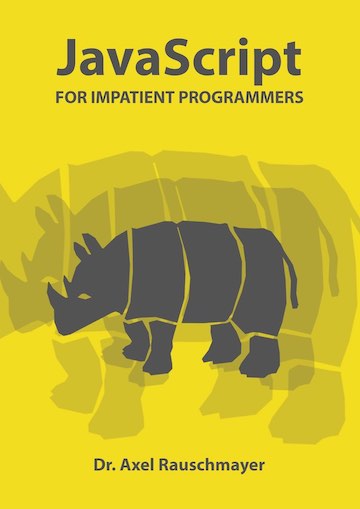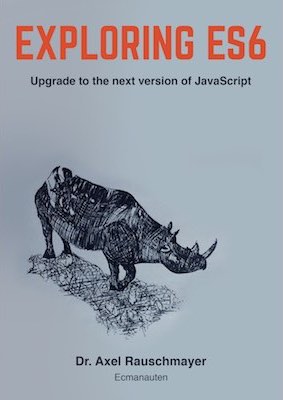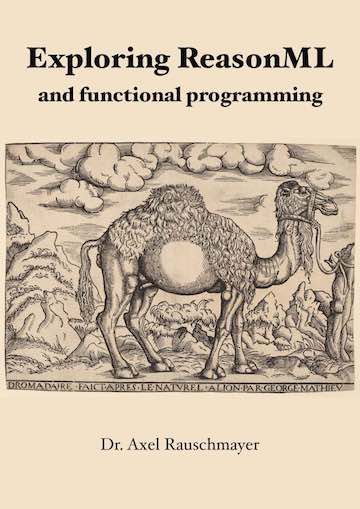Dallas Fed advocates breaking up large banks
The Federal Reserve Bank of Dallas (Dallas Fed) has issued its annual report. In it, it calls for a breakup of large banks. These are currently considered “too big to fail” (TBTF). The report argues that that is anti-capitalist.
An essay of why TBTF must be ended
The most interesting part of the report is the essay “Choosing the Road to Prosperity: Why We Must End Too Big to Fail—Now” [PDF] by Harvey Rosenblum. The author is the Dallas Fed’s executive vice president and director of research. The conclusion “Taking the Right Route” is a good summary:Periodic stresses that roil the financial system can’t be wished away or legislated out of existence. They arise from human weaknesses—the complacency that comes from sustained good times, the greed and irresponsibility that run riot without market discipline, the exuberance that overrules common sense, the complicity that results from going along with the crowd. We should be vigilant for these failings, but we’re unlikely to change them. They’re a natural part of our human DNA.I like the essay’s definition of capitalism – which is very non-elitist and humanist (emphases are mine):By contrast, concentration in the financial sector is anything but natural. Banks have grown larger in recent years because of artificial advantages, particularly the widespread belief that government will rescue the creditors of the biggest financial institutions. Human weakness will cause occasional market disruptions. Big banks backed by government turn these manageable episodes into catastrophes.
Greater stability in the financial sector begins when TBTF ends and the assumption of government rescue is driven from the marketplace. Dodd–Frank hopes to accomplish this by foreswearing TBTF, tightening supervision and compiling more information on institutions whose failure could upend the economy.
These well-intentioned initiatives may be laudable, but the new law leaves the big banks largely intact. TBTF institutions remain a potential danger to the financial system. We can’t be sure that some future government won’t choose the expediency of bailouts over the risk of severe recession or worse. The only viable solution to TBTF lies in reducing concentration in the banking system, thus increasing competition and transparency.
The road to prosperity requires recapitalizing the financial system as quickly as possible. The safer the individual banks, the safer the financial system. The ultimate destination—an economy relatively free from financial crises—won’t be reached until we have the fortitude to break up the giant banks.
An unfortunate side effect of the government’s massive aid to TBTF banks has been an erosion of faith in American capitalism. Ordinary workers and consumers who might usually thank capitalism for their higher living standards have seen a perverse side of the system, where they see that normal rules of markets don’t apply to the rich, powerful and well-connected.Here are some ways TBTF has violated basic tenets of a capitalist system:
- Capitalism requires the freedom to succeed and the freedom to fail. [...]
- Capitalism requires government to enforce the rule of law. This requires maintaining a level playing field. The privatization of profits and socialization of losses is completely unacceptable. [...]
- Capitalism requires businesses and individuals be held accountable for the consequences of their actions. [...]
Comments
- A key phrase is “privatization of profits and socialization of losses”. It describes what’s wrong with TBTF banks.
- If one says that “capitalism requires the freedom to succeed and the freedom to fail” then one must give the freedom to fail to ordinary people. That includes that them quitting their jobs not threatening their existence. The easiest way to make that happen, that I know of, is a basic income. If implemented well, it is not communism, but capitalism perfected.
- The current abuses of power [1] are well described as “normal rules of markets don’t apply to the rich, powerful and well-connected”. It’s shocking how disconnected corporate profits and executive salaries are from the realities of ordinary people. [2]
- I don’t think that the “periodic stresses that roil the financial system” arise only from human weaknesses. This kind of fluctuation is natural in any complex system (such as a biological organism, a society, the weather, etc.).




